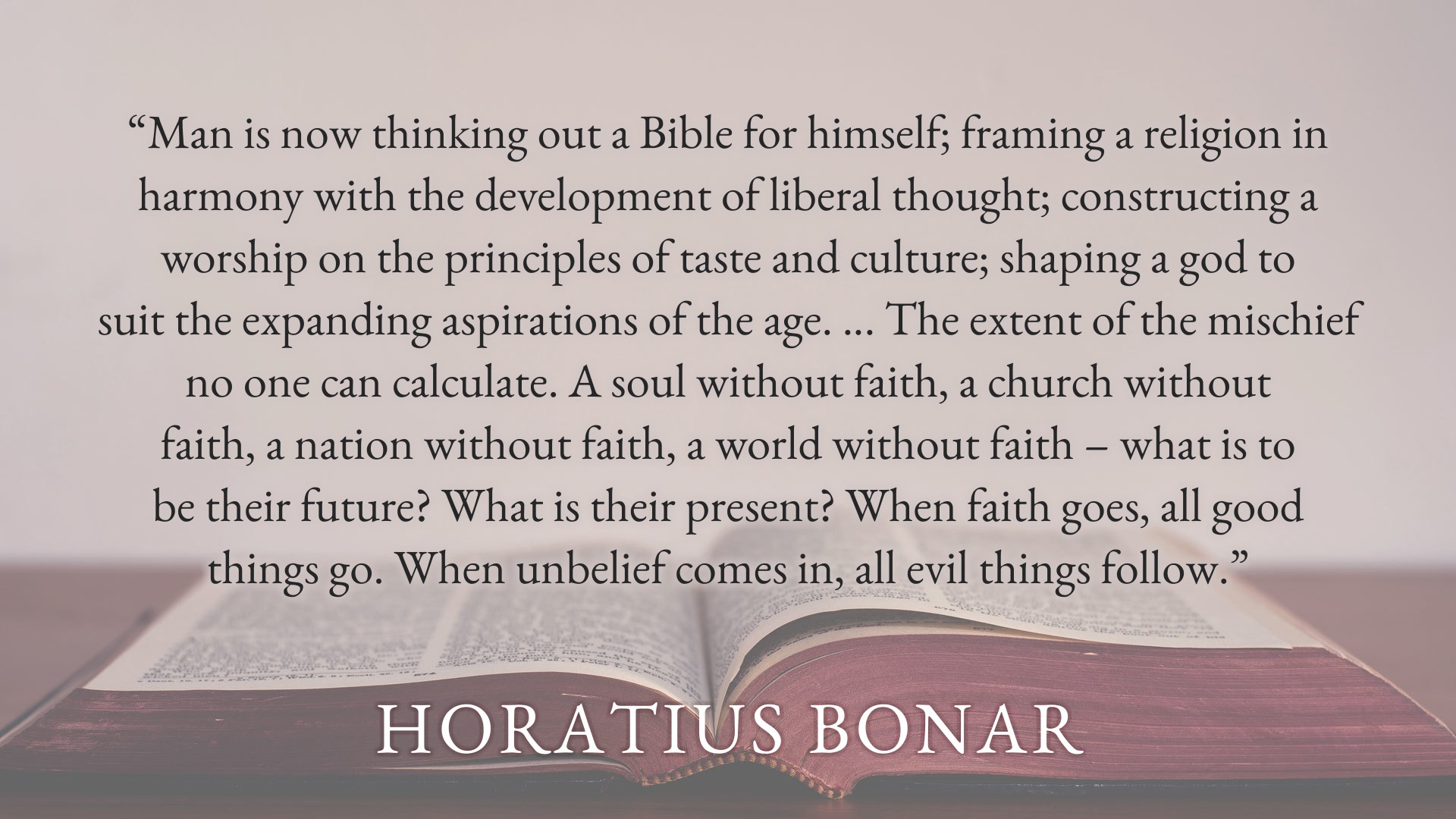“But herein precisely lies the fundamental point of difference between Romanism (Roman Catholicism) and Protestantism. According to the principle of Protestantism, man’s consciousness of self and of objects presuppose for their intelligibility the self-consciousness of God. In asserting this we are not thinking of psychological and temporal priority. We are thinking only of the question as to what is the final reference point in interpretation. The Protestant principle finds this in the self-contained ontological trinity. By his counsel the triune God controls whatsoever comes to pass. If then the human consciousness must, in the nature of the case, always be the proximate starting-point, it remains true that God is always the most basic and therefore the ultimate or final reference point in human interpretation.
This is, in the last analysis, the question as to what are one’s ultimate presuppositions. When man became a sinner he made of himself instead of God the ultimate or final reference point. And it is precisely this presupposition, as it controls without exception all forms of non-Christian philosophy, that must be brought into question. If this presupposition is left unquestioned in any field all the facts and arguments presented to the unbeliever will be made over by him according to his pattern. The sinner has cemented colored glasses to his eyes which he cannot remove. And all is yellow to the jaundiced eye. There can be no intelligible reasoning unless those who reason together understand what they mean by their words.”
Cornelius Van Til, The Defense of the Faith (The Presbyterian and Reformed Publishing Company: Philadelphia, 1955).
Of the Hypocrite, or the Best of the Unregenerate
The hypocrite, or best of the unregenerate, believeth but either with a human faith, which resteth but on the word of man, or else with a dead, opinionative faith, which is overpowered by infidelity, or is like the dreaming thoughts of man asleep, which stir him not to action. He liveth by sight, and not by faith: for he hath not a faith that will overpower sense and sensual objects; James 2:14. Matt. 13:22.
Richard Baxter and William Orme, The Practical Works of the Rev. Richard Baxter, vol. 8 (London: James Duncan, 1830), 384.
James 2:14 (ESV) 14 What good is it, my brothers, if someone says he has faith but does not have works? Can that faith save him?
Matthew 13:22 (ESV) 22 As for what was sown among thorns, this is the one who hears the word, but the cares of the world and the deceitfulness of riches choke the word, and it proves unfruitful.



